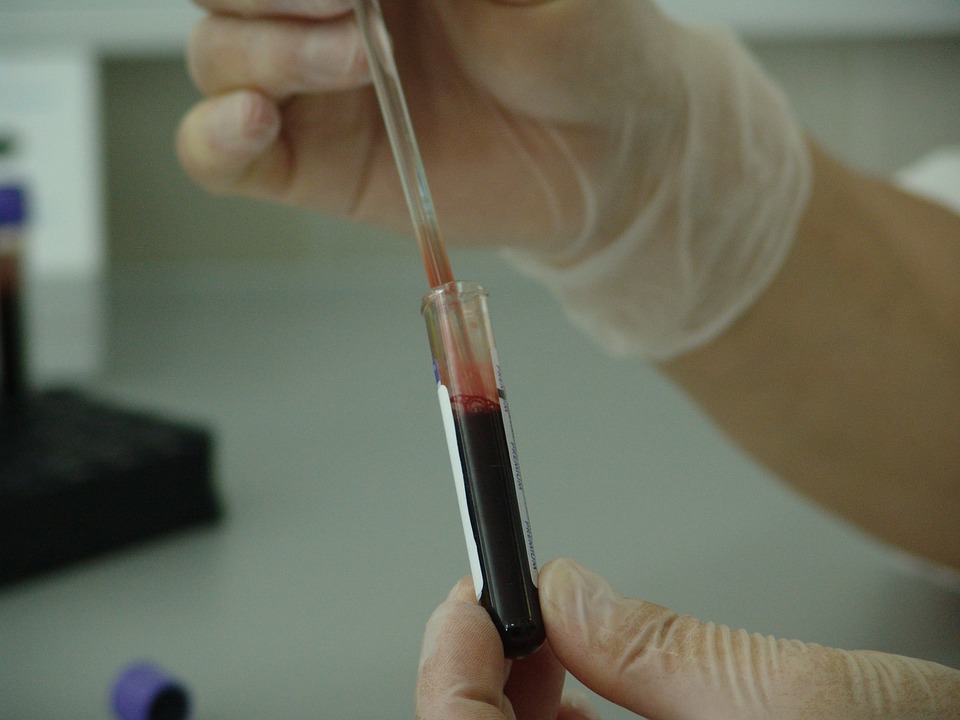As regards the pandemic, Prime Minister Viktor Orbán insisted that the Hungarian health-care system had done a better job of managing the epidemic than those in western Europe.
Hungary’s preparations for possible mass infections were built on “military logic” and this scenario was avoided as a result, he said.
Orbán said he had spoken on Thursday with his Slovenian counterpart Janez Jansa, who had said Slovenia was reintroducing certain entry restrictions. “This is an important warning,” Orbán said. “We’ve got to be careful.”
Concerning Western criticisms levelled against the emergency powers handed to the government in March in response to the coronavirus outbreak, Orbán said the map of Europe today presented a “shocking revelation”. “During the days of communist rule, we only attributed positive meanings to the word ‘Western’ and used to laugh at Soviet propagandistic claims … that ‘black people are getting beaten up in America’ and that Western youth are ‘lost in the ecstasy of Coca-Cola’,” he said. But in reality, Orbán said, people in western Europe today were dying because of a lack of care, large economies are having to be saved from financial ruin and “there is a wave of violence, gang warfare and statues are being toppled”. “I look at the countries telling us how to live properly, how to govern, how to run a democracy, and I don’t know whether to laugh or cry.”
Concerning Thursday’s ruling by the Court of Justice of the European Union that the restrictions imposed by Hungary on the foreign funding of civil groups do not comply with EU law, Orbán said western Europe and “the American left” were attempting to apply a form of “liberal imperialism” to “force their worldview onto countries that think differently”. He added that international courts, too, were “often also involved in this network”. Seeing the Hungarians who participate in these rulings, Orbán said, it was “easy to spot the ties” to the “international network” linked to US financier George Soros, which the prime minister called “the western European high command of liberal imperialism”. Orbán noted, at the same time, that press reports about the ruling conceded that transparency was a legitimate goal that needed to be achieved with fewer restrictions. “So complying with this ruling won’t be difficult,” he said.
Organisations involved in political life should all be subject to the same transparency regulations, the prime minister said, arguing that parliamentary parties should not have to abide by stricter rules than other groups involved in politics that are not vying for parliamentary representation. He said all Hungarians would have knowledge of every forint spent by foreign entities on political goals. “Those who don’t hesitate to accept money from abroad shouldn’t be ashamed to disclose that.”
Orbán insisted that certain people in Hungarian political life were bent on watering down the country’s sovereignty and handing powers to Brussels. He said putting Hungary’s independence at risk would hamstring the authorities’ ability to ensure foreign students follow rules on preventing the spread of the infection. In such cases, these political actors, he said, were not on the side of Hungarians but backed “foreigners” instead. Orbán added that there was a “150-year history of certain Hungarian politicians working against their country on the international stage.”
On the topic of the new national consultation, the prime minister said the government stood for national independence, but this stand entailed “constant struggle” with people abroad and with “internal agents” doing Soros’s bidding. He said holding elections every four years was not enough to combat these malign influences. The majority of Hungarians must demonstrate the same position on certain issues, he said, adding that this entailed forming a national consensus on how to handle a possible second wave of the coronavirus epidemic and rebooting the economy.
hungarymatters.hu
pixabay


















